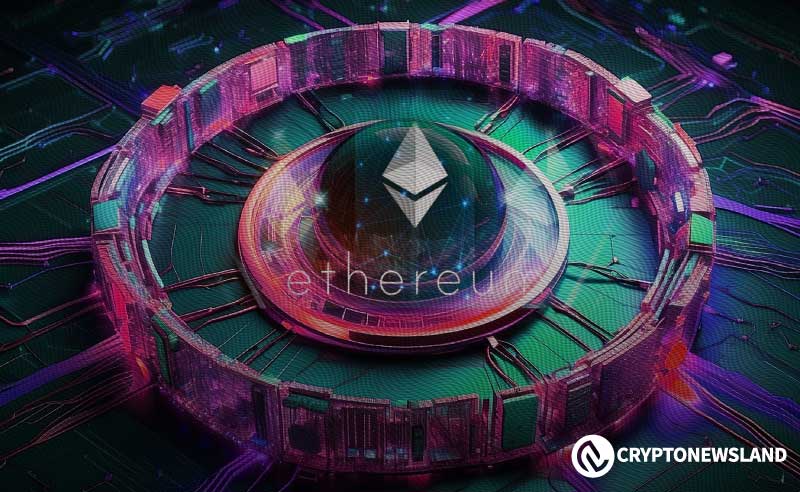- Matter Labs drops ZK trademark bid after community-led backlash, upholding tech openness.
- ZkSync retains trust and momentum by eschewing monopolistic trademark pursuits in the blockchain.
- Leading ZK innovators influence Matter Labs’ reversal on trademark, ensuring tech remains a public asset.
Matter Labs has opted to cease its attempts to trademark the term “ZK,” which is short for zero-knowledge proof. This move followed strong resistance from leading stakeholders in the sector who argued that such essential technologies must be available to all and not owned by corporations.
Matter Labs initially faced opposition from key figures in the cryptographic community after attempting to trademark several terms related to “ZK.” Some prominent personalities who criticized the action are Shafi Goldwasser and Silvio Micali, the leading innovators in zero-knowledge proof technology and other key influencers in the industry. Their criticism was based on the idea that zero-knowledge proofs, essential for privacy and security in the blockchain, should still be publicly available.
This strong community reaction led Matter Labs to withdraw all the trademark applications linked to it, as revealed on the social media platform X on June 2.
The company said its initial intention was to secure the terms above in limited contexts, such as “ZK Sync” and “ZK Stack,” to avoid misuse of these terms by other parties. Matter Labs stated that trademark registration does not give one the proprietary right to a word but rather the right to use the word for specific products or services to prevent the creation of a misleading market. Nevertheless, the broader blockchain community regarded this move as monopolistic, as it might slow down the development of ZK technologies and their further adoption.
This controversy emerged when the ZkSync network, an Ethereum Layer 2 scaling solution created by Matter Labs, was to Launch an upcoming airdrop. ZkSync’s peculiarity lies in applying ZK-proof instead of the optimistic roll-up schemes employed by other projects.
According to the available statistics, the protocol has sustained impressive transaction volumes and is crucial in the blockchain infrastructure. By choosing not to file trademark applications, ZkSync can maintain its status and reputation in the competitive and ever-growing Ethereum Layer 2 ecosystem.

